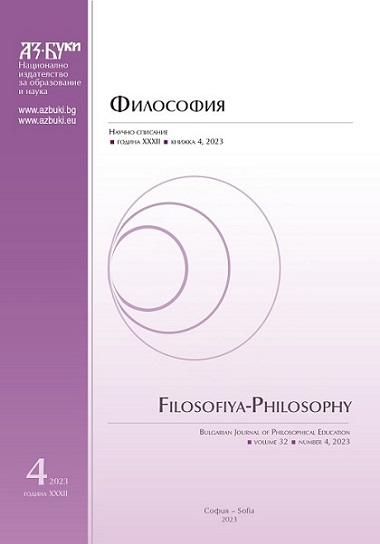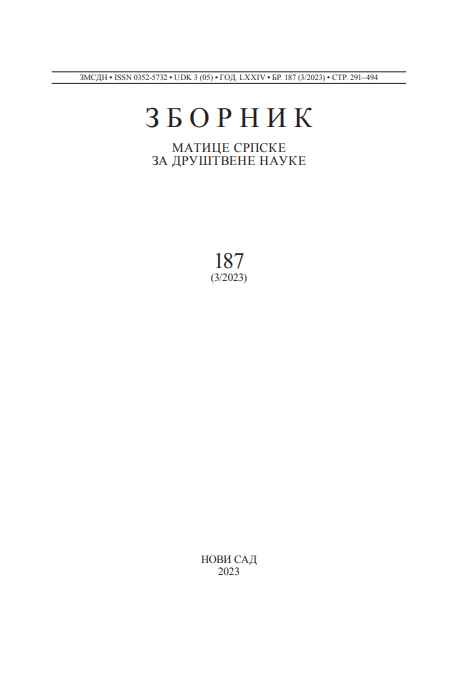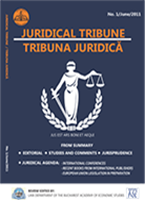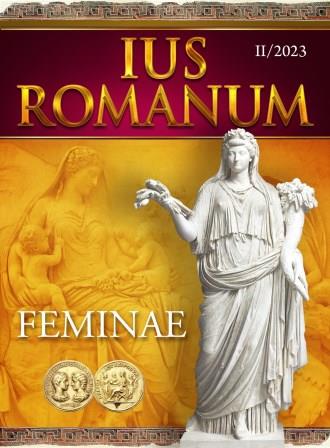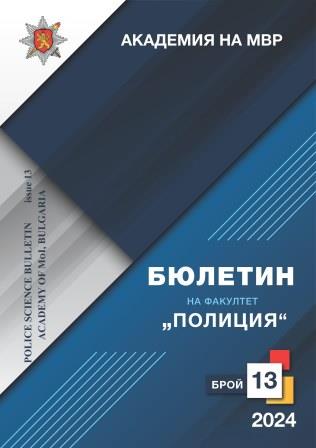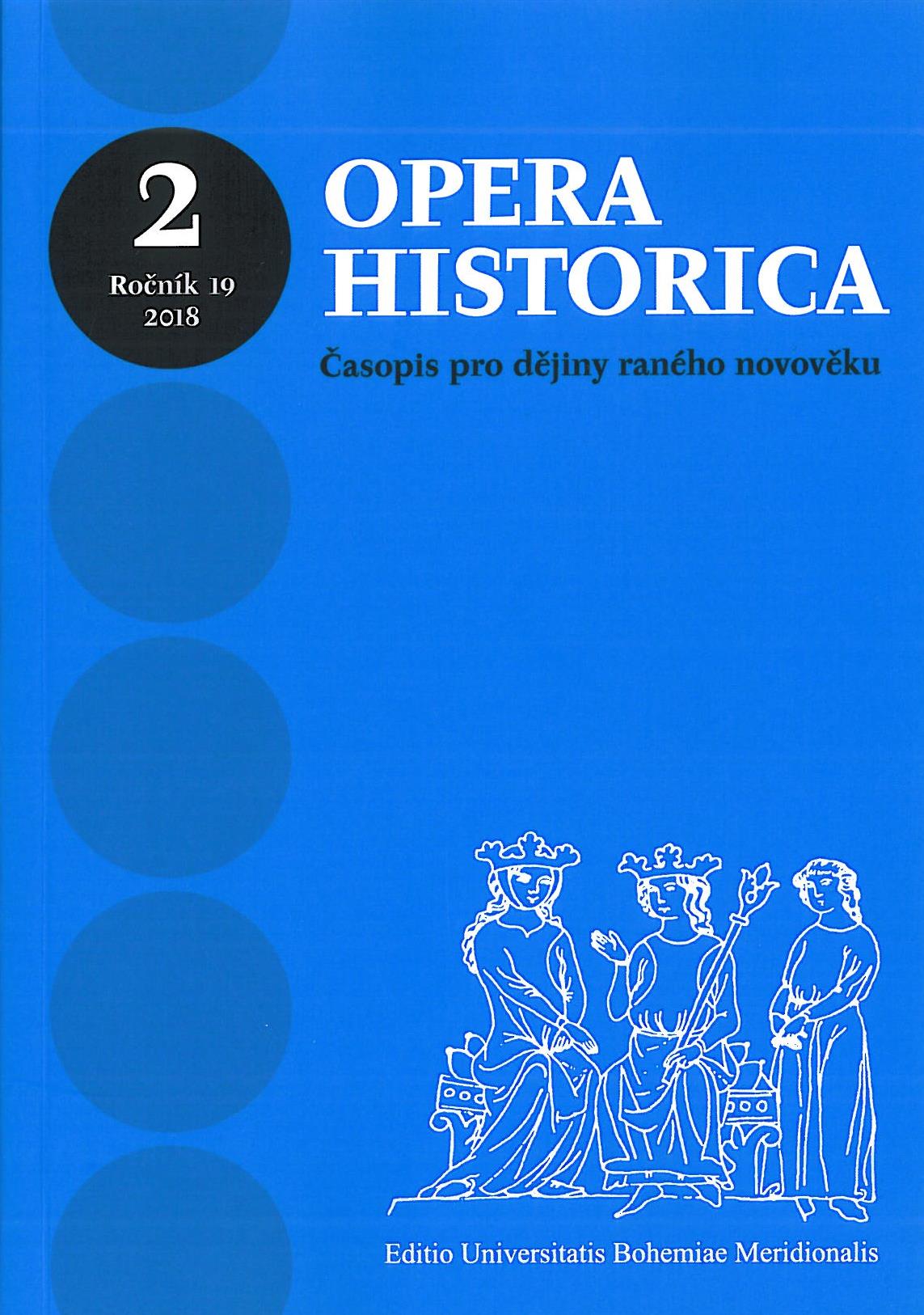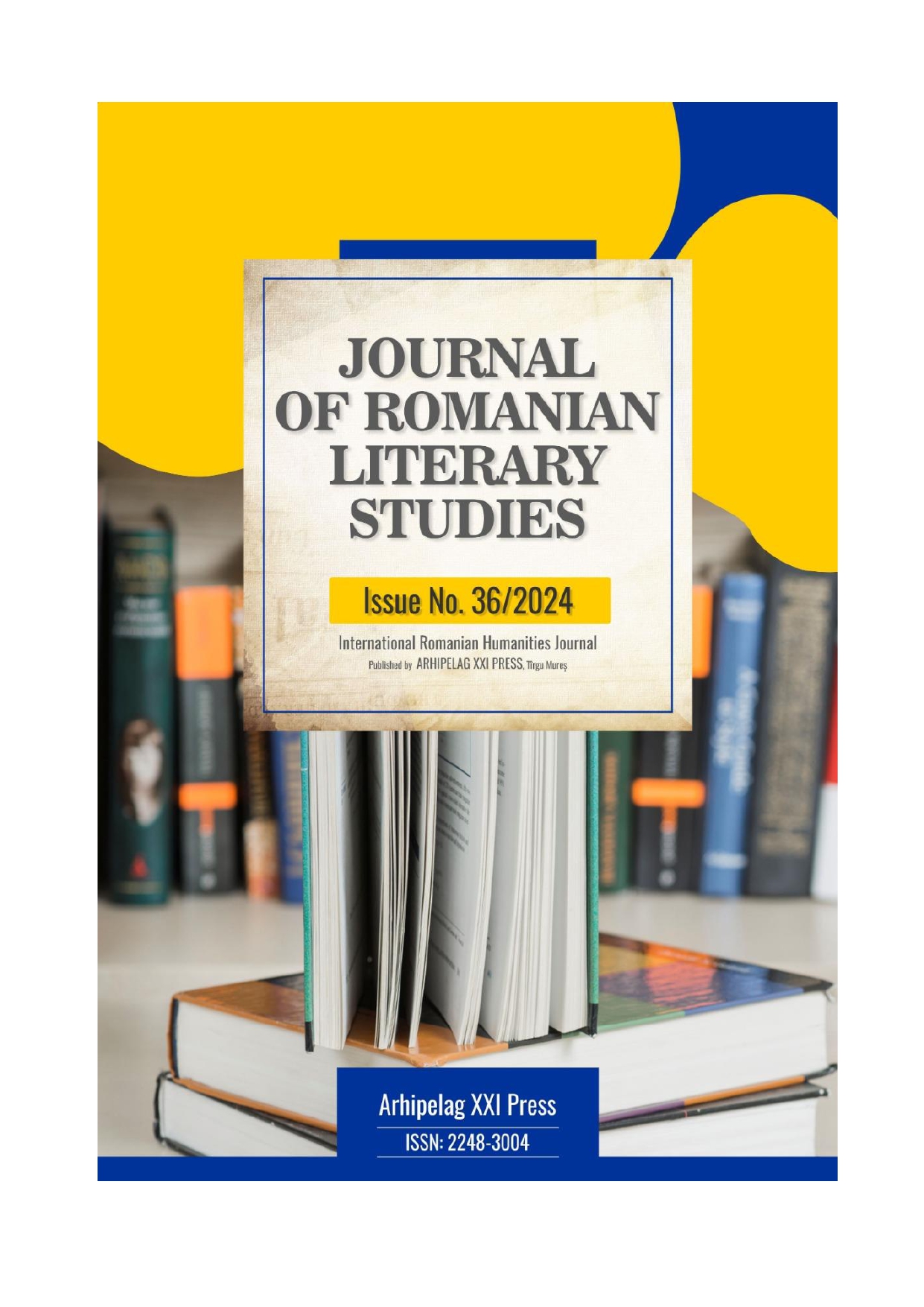Author(s): Marina Budić / Language(s): Serbian
Issue: 3/2017
The paper deals with Kant's notion of punishment in general, as well as one specific form of punishment, namely, the death penalty. In the first part of the article we will exmine, Kant's views on punishment as well as an extent to which it is retributive. According to Kant's view, offenders should be punished exclusively for having committed an offense (retribution), and proportionally to the crime commited (ius talionis). In recent literature, there are interpretations that indicate Kant's criminal theory is not completely retributive, but rather combined, so that it contains elements of retribution and intimation. If we clearly outline the goal, justification and extent of punishment, the purpose and justification of forming the state (time and punishment), we will make sure that these interpretations are incorrect. The paper shows that Kant retribution determines the goal and justification of punishment, that the reason and justification of the state (and punishment) is the achievement of justice, that is, the preservation of individual freedoms of citizens on an equal footing, while the control of crime should be understood as the achievement of this goal. Also, one needs to bear in mind the distinction between the factual and the normative level - Kant claims that a person should be punished exclusively for having committed the offense, although her punishment simultaneously intimidates or deters the offense of another citizens, which is a factual claim. The theory of punishment prescribes the goal and justification of punishment, which falls within the normative domain, and in Kant’s opinion, it is fundamentally retributive. It is also necessary to take into account another distinction that Kant introduces, which is the distinction between the noumenal and phenomenal spheres of existence. Justice is a noumen or an idea, that the state pursues to achieve, while it is realized or made into a phenomenon when the state applies laws and penalties in a particular community. Intimidation or control of crime is part of the realization of justice in the empirical world. The second part deals with Kant's affirmation of the death penalty, objections to this affirmation, and ultimately, an alternative to this punishment is proposed. The alternative to the death penalty stems from incoherence in the application of the ius talionis principle. That could be one Kantian approach to punishment. A lifetime imprisonment argument avoids the objection of irreversibility of punishment (the argument from the irrevocability of the death penalty) and is in line with the basic principles of Kant's ethics.
More...
